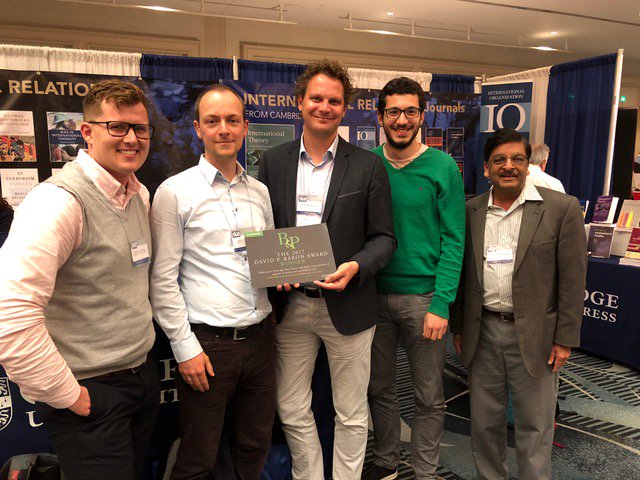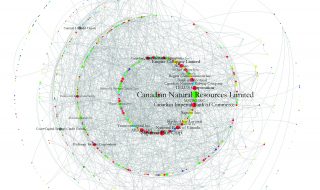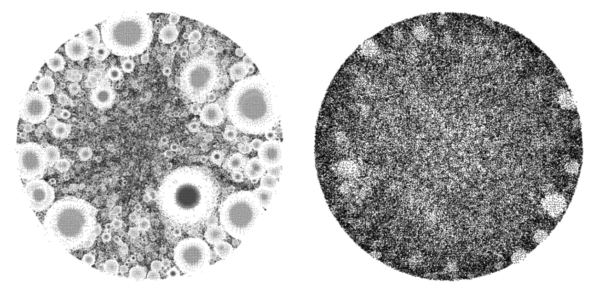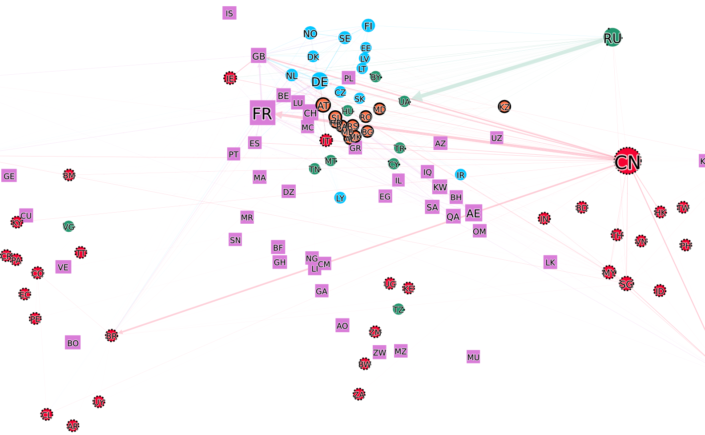Howard Quayle, Chief Minister of the Isle of Man has recently stated that CORPNET did not list Isle of Man as a tax haven:
“I don’t think we are a tax haven, for a start. That’s not me saying that, that’s the OECD, that’s the University of Amsterdam who did a report very recently listing tax havens, the Isle of Man wasn’t one of them.”
The report: “Uncovering Offshore Financial Centers: Conduits and Sinks in the Global Corporate Ownership Network”, Javier Garcia-Bernardo, Jan Fichtner, Frank W. Takes & Eelke M. Heemskerk, Scientific Reports 7, Article number: 6246 (2017)
We clarify that we did not produce a list of tax havens, but a list of jurisdictions where the ownership of companies accumulates (sinks-OFCs) and a list where the ownership of companies goes through (conduit-OFCs). While Isle of Man may not be a large player in corporate tax avoidance, it may be a large player in other types of tax avoidance, such as VAT avoidance, and that cannot be inferred from our study. Recognized tax havens by the EU and the IMF such as Barbados, Antigua and Barbuda, Grenada, Montserrat, St. Kitts and Nevis, or Turks and Caicos Islands did not show up as sink-OFCs, for the simple reason that corporations/individuals do not organize their ownership structures from those places.
In our report, we found that owners of companies do not generally place their entities/vehicles in Isle of Man. This is similar to what we find with Guernsey, Ireland or the Netherlands (Figure A as lime-colored dot). On the contrary, according to our data, entities in Isle of Man are usually owned from other countries.

However, we found that Isle of Man is used as a conduit in corporate constructions that start from a sink-OFC, go through Isle of Man, and end up in a third country (Figure B as lime-colored dot in the bottom-right quadrant). While Isle of Man may not be a sink-OFC, our results indicate that the territory may be used to own companies in sink-OFCs.
For the complete list of sink and conduit-OFCs, please see Supplementary Information.
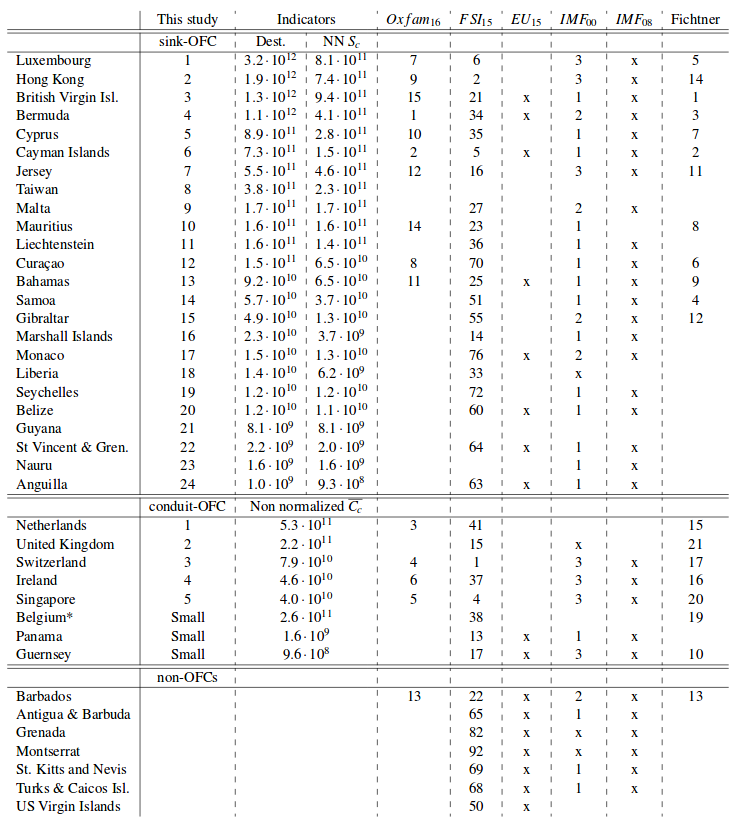
Comparison with several list of offshore financial centers


